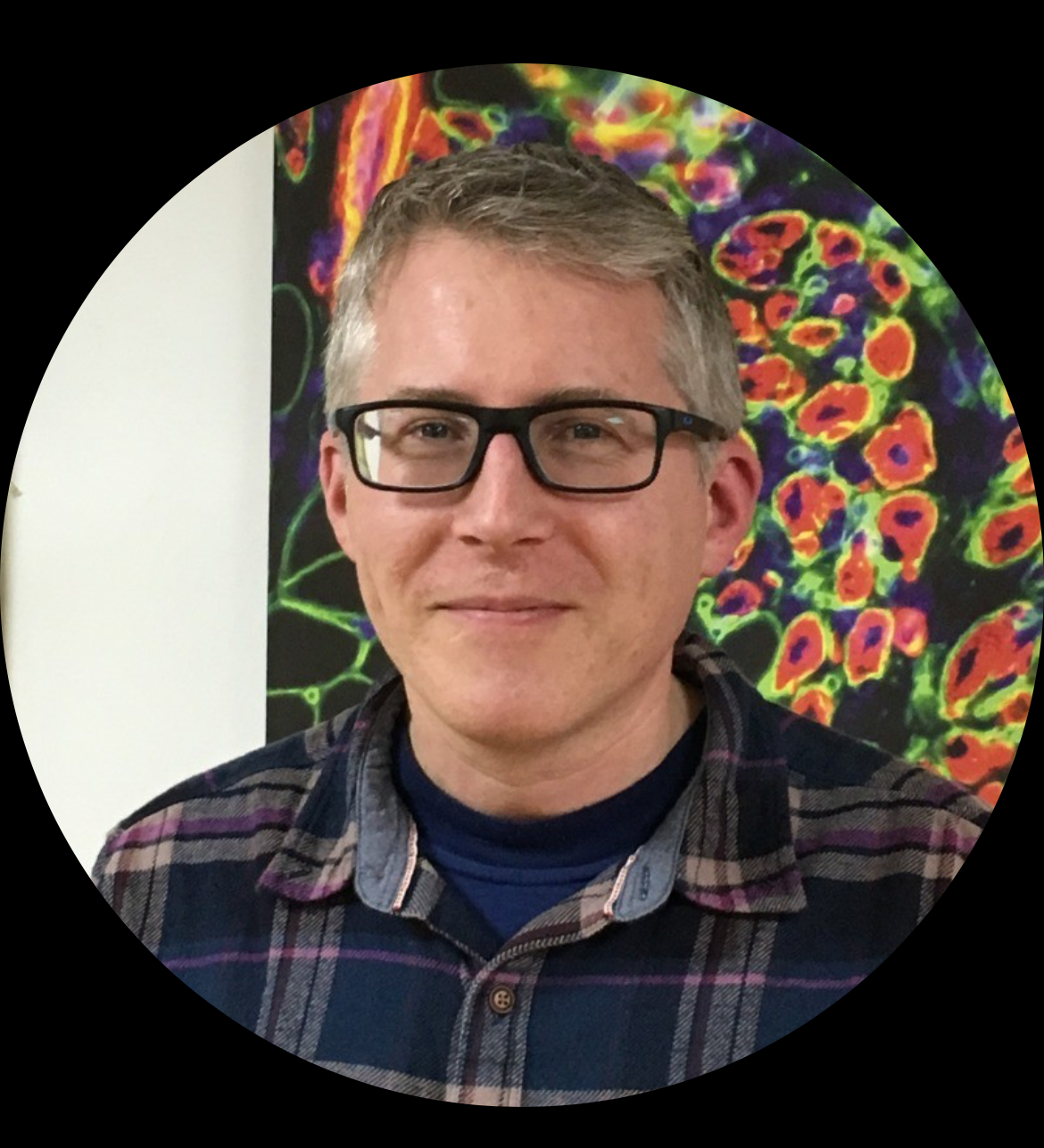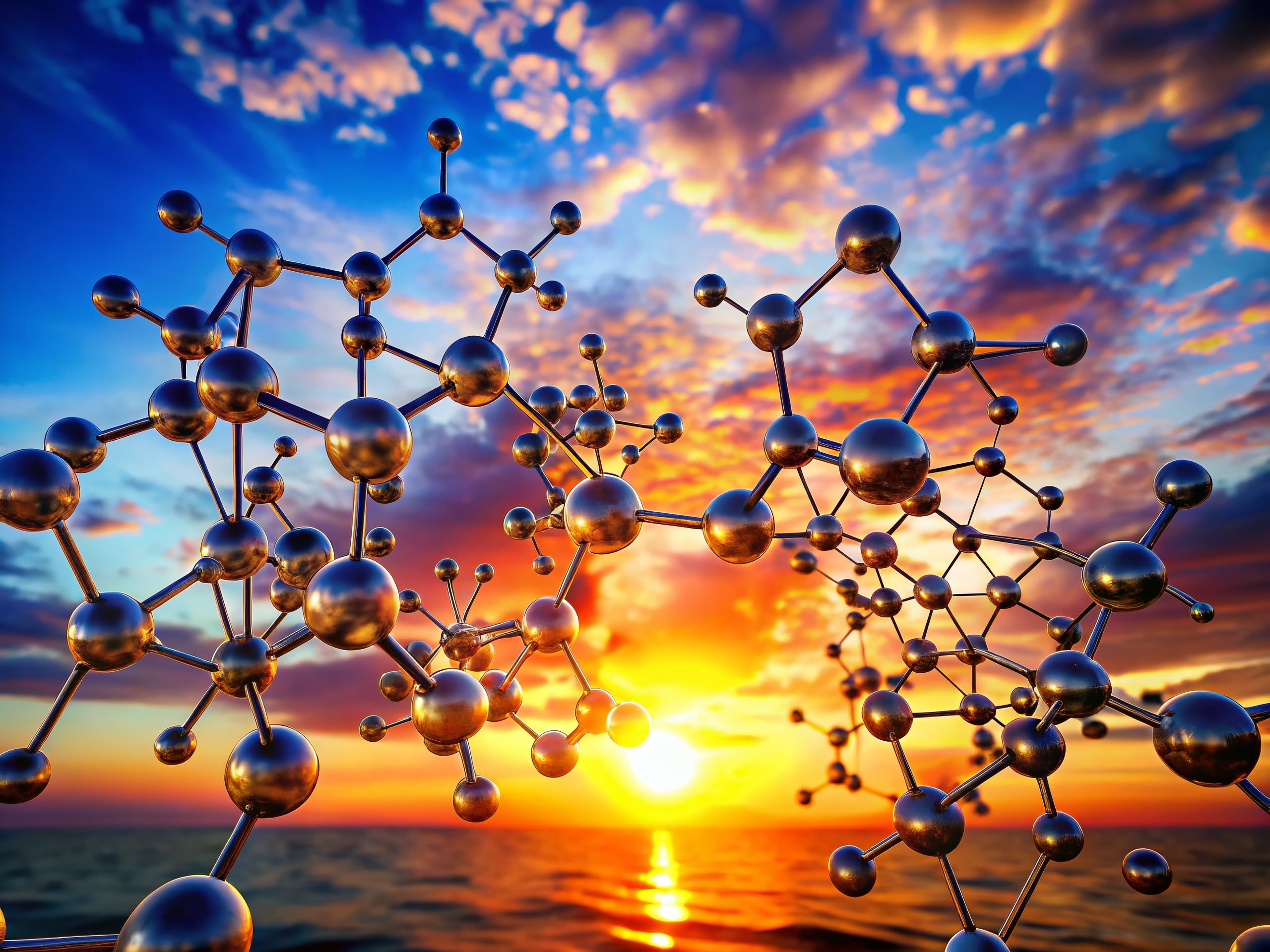
Innovative Catalyst for Hydrogenation in Bio-Compatible Chemical and Pharmaceutical Synthesis.
A greener alternative to traditional palladium catalysts using less metal, no harsh chemicals, and lower energy.
Our Solution
With a growing demand for bio-compatible and sustainable catalysts, our solution provides a greener alternative to traditional palladium catalysts by minimising heavy metals, eliminating harsh chemicals, reducing energy use, and enabling faster, more selective reactions under mild, water-based conditions.
Eco-friendly Production
Prepared entirely in water, without harsh chemicals or toxic solvents. It uses significantly less heavy metal and requires less energy, aligning with green chemistry principles and sustainability goals.
Reproducible Performance
The biocatalyst has a uniform and stable structure, eliminating common issues like nanoparticle agglomeration.
ambient conditions
Works effectively at ambient temperature in aqueous solutions, requiring no specialised equipment or hazardous materials handling.
simplified purification
A protein-based catalyst core allows for easy removal from the reaction mixture, reducing downstream purification steps and overall processing costs.
catalytic efficiency
While prioritizing sustainability, our biocatalyst still delivers 3× faster & 5× more effective NO₂ hydrogenation and is 7× more selective in C=C hydrogenation compared to commercial palladium nanoparticles.
greener solution
Together, these features offer a low-barrier, greener solution for R&D teams exploring novel pathways, drug synthesis, or specialty chemical production. We believe this will be particularly useful for water-based antibody-drug conjugates (ADCs), click chemistry, enzymatic and carbohydrate transformations.
The chemical and pharmaceutical industries continue to rely on heavy metal catalysts for >70 % of reactions, but they are resource-intensive, environmentally damaging, and operationally demanding. Furthermore they are not compatible with the growing need for more sustainable water-based reactions.
These catalysts often require high temperatures, toxic reagents, and complex purification steps which lead to high costs, waste, and sustainability concerns.
Traditional palladium catalysts also suffer from inconsistencies like agglomeration, making reproducibility and scalability a challenge for R&D teams working on both small and large projects.
Who are we?
We are a group based in the School of Biological Sciences at the University of East Anglia.

Dr Jessica van Wonderen
Entrepreneurial Lead

Prof Tom Clarke
Principle Scientific Advisor

Dr Sue Coleman
Technology Transfer Officer
Get in touch
We would love your feedback on our technology.
Our technology is ideally suited for Pharmaceutical R&D, Niche Chemical Manufacturers, CROs, CMOs, Research Labs or Biotech/Startups.
